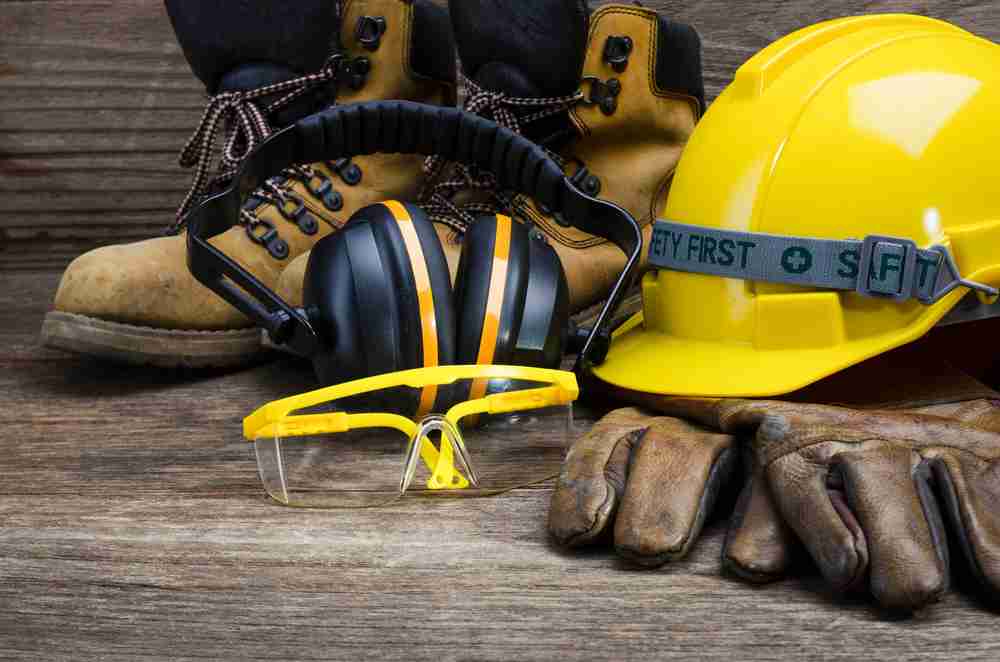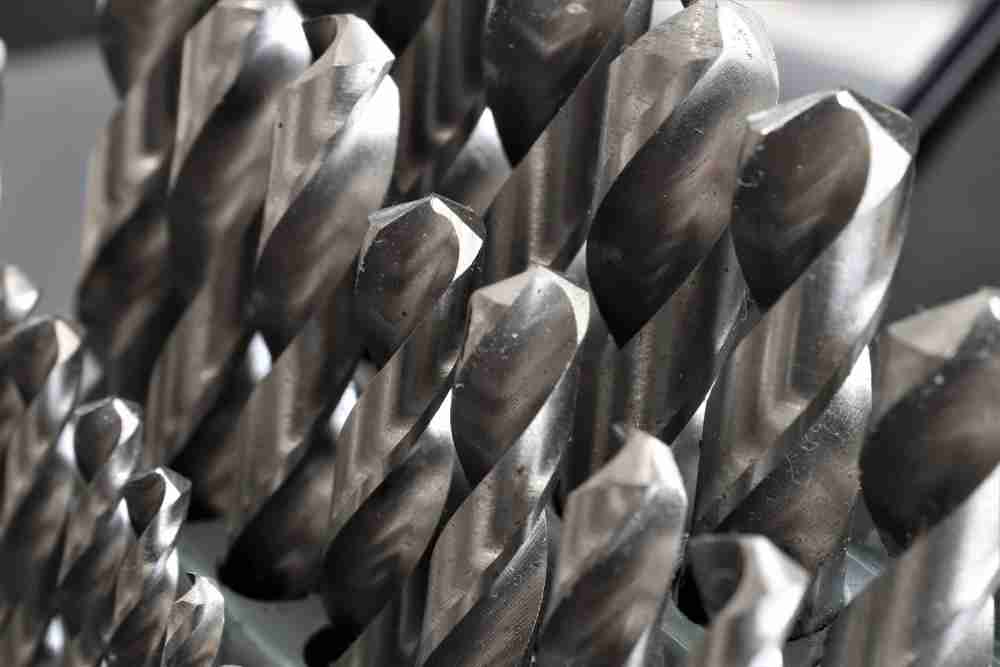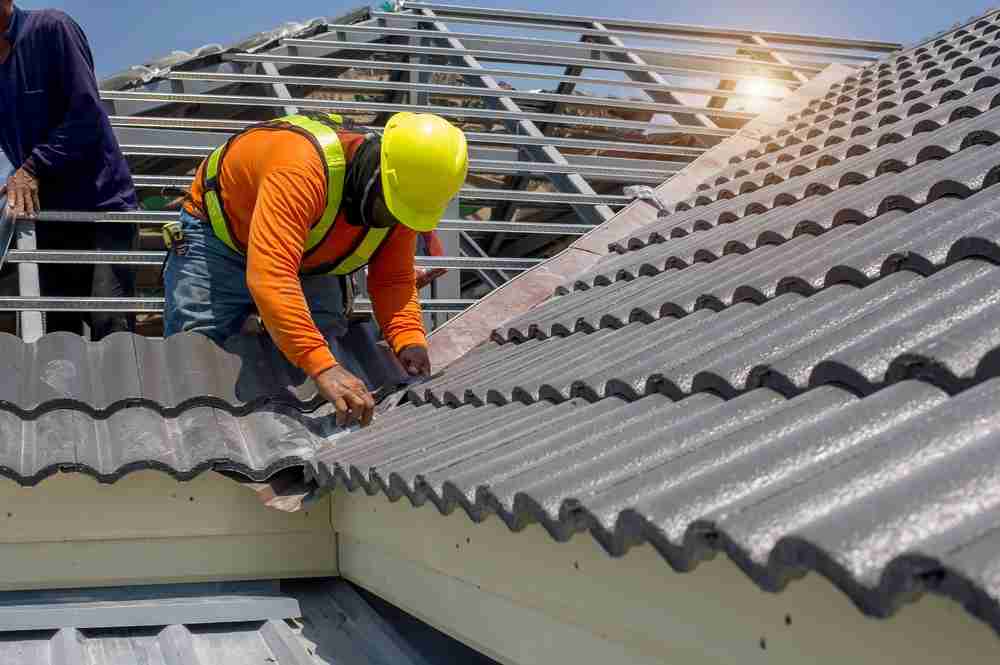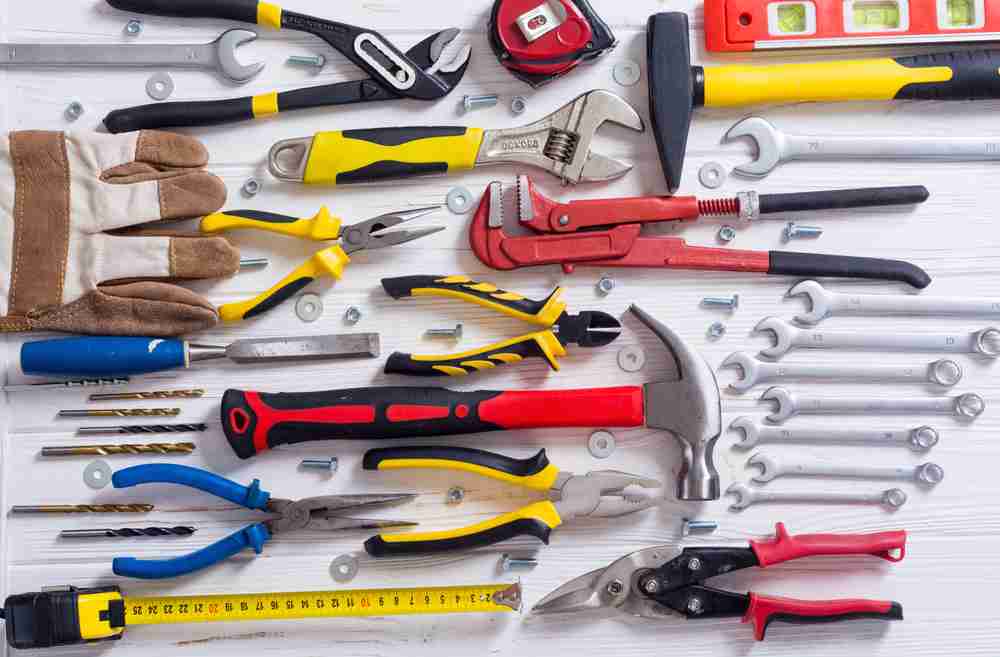How to Protect an Outdoor Construction Site from Winter Snowstorms
When the forecast calls for a winter snowstorm, it’s important to take the necessary steps to protect your outdoor construction site. Piles of snow and sheets of ice can create hazards on your site, stall equipment, and delay project timelines. Luckily, there are tools, equipment, and preventative measures you can use to protect your site from snow damage and keep your project on track. In this blog, we’ll discuss the best tips and tools to protect your outdoor construction site when a snowstorm is on the way.
To learn more about winter construction safety equipment, contact Atlantic Equipment.
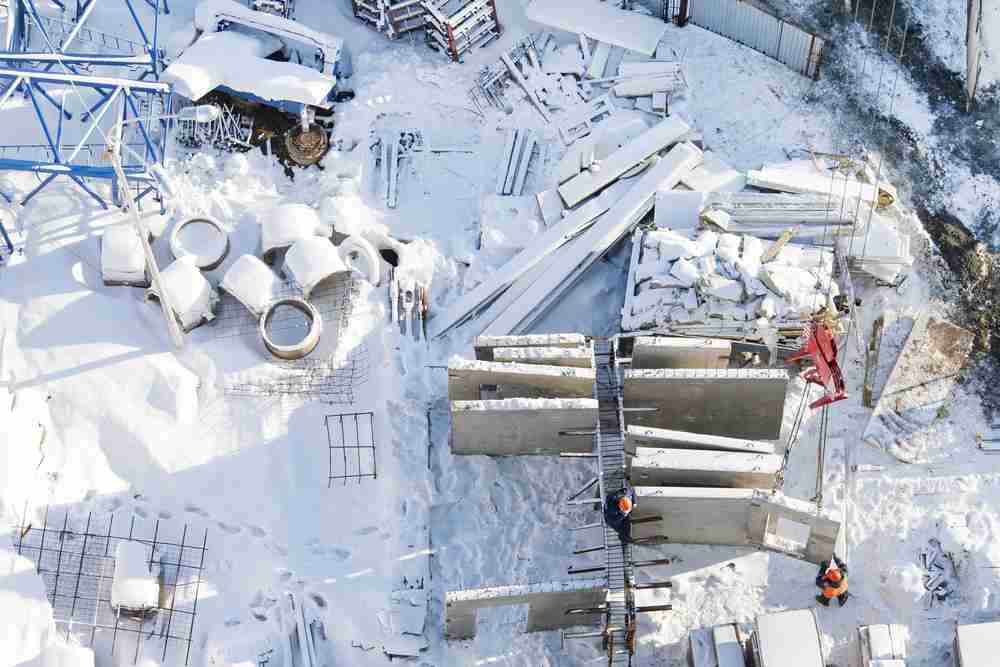
Track the Forecast to Prevent Construction Delays & Damage from Snow
The key to protecting your construction site from snow damage and delays is to take steps to prevent it before the storm hits. As a site manager, it is important to track the weather forecast to get a head start on preparing for a storm. By having the extra time to prepare, you can prevent costly delays and damage to your site.
Can You Cover Construction Equipment with a Tarp?
Covering your tools and machines with a tarp is an efficient solution to protect them. Tarps are strong, waterproof, and can be easily tied down to secure them in place. They also provide protection from moisture, which can cause rust and corrosion on metal equipment. When purchasing tarps for your construction site, choosing high-quality ones specifically designed for heavy-duty use is important.
Use Flags & Caution Tape to Mark Hazardous Areas
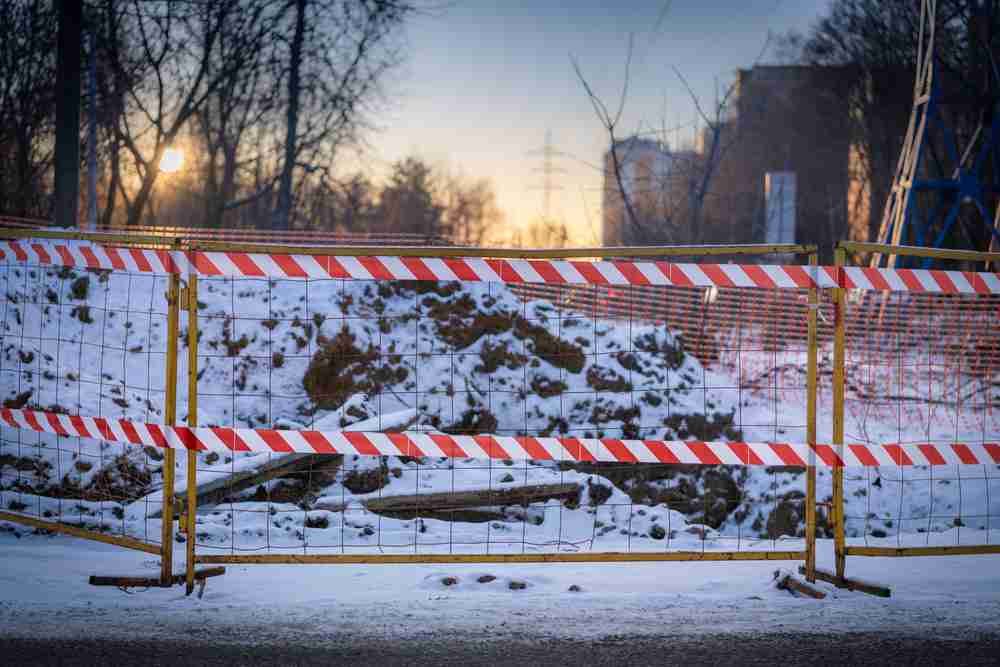
After the snow falls, protect workers by making hazardous areas visible and blocked off. Using flags or caution tape to mark these areas can prevent accidents and injuries. Brightly colored flags are easily visible in snowy conditions, and caution tape is a physical barrier to keep workers away from potentially dangerous areas.
Place Construction Tools & Equipment in Storage During Winter Storms
As the snow falls, it can cover your construction equipment and hand tools, freezing them and causing potential water damage. In addition, if the wind is strong enough, it can blow loose objects around your site, causing damage and creating hazards. To prevent these risks, it’s best to store your tools and equipment in a secure storage facility during winter storms.
Protect Your Site with Snow Barriers & Railing Systems
Snow barriers and railing systems can act as protective fencing to prevent snow from accumulating in specific areas of your construction site. On roof sites, using snow barriers can prevent dangerous snow slides and protect workers and those passing by underneath. Guardrails are also useful for creating safe walkways and blocking off areas where snow or ice could cause a hazard.
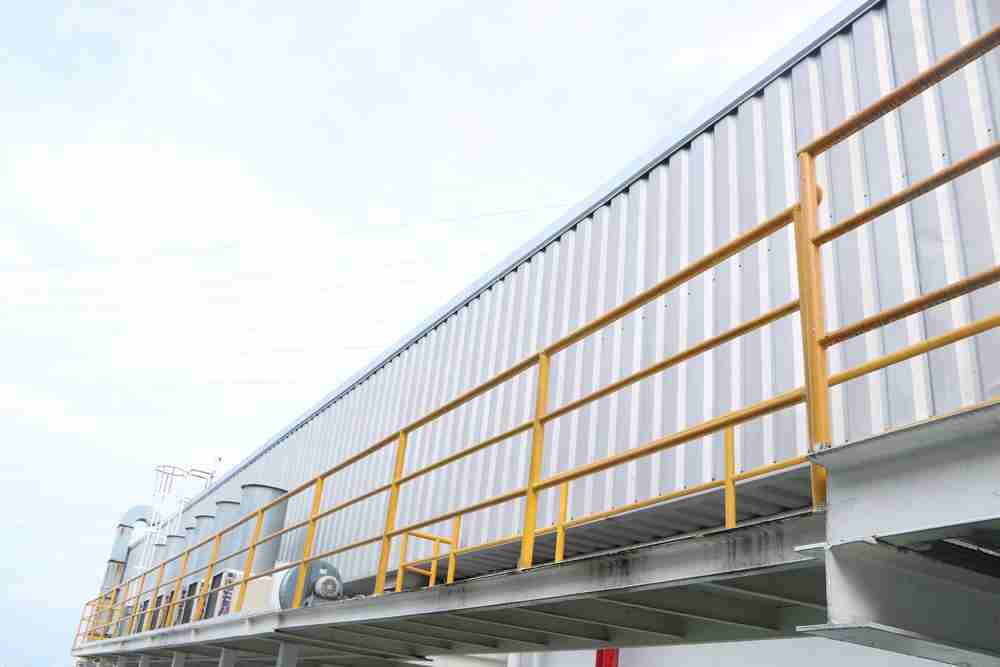
Remove Snow as Quickly as Possible from Your Construction Site
Once the storm has ended, removing the snow from your construction site immediately is important. If you leave it for too long, it can become too frozen or heavy to move. This can cause obstacles on your site and increase the risk of equipment damage. Removing the snow quickly can prevent any long-term damage or delays to your project.
Contact Atlantic Equipment to Stock Up On Construction Safety Equipment & Job Site Supplies for Winter Storm Protection
As the Winter is quickly approaching, it is crucial to have your site stocked with safety equipment and supplies in the case of an upcoming snowstorm. With locations in Massachusetts, New York, Florida, Maryland, and more, Atlantic Equipment is here to help you prepare your site for everything the winter might throw at it. We have everything you need, from tarps and caution tape to gloves and safety glasses to protect your workers and construction site from all weather types. To learn more and view our full line of products and equipment, contact us online or call us at 800-543-3350.


